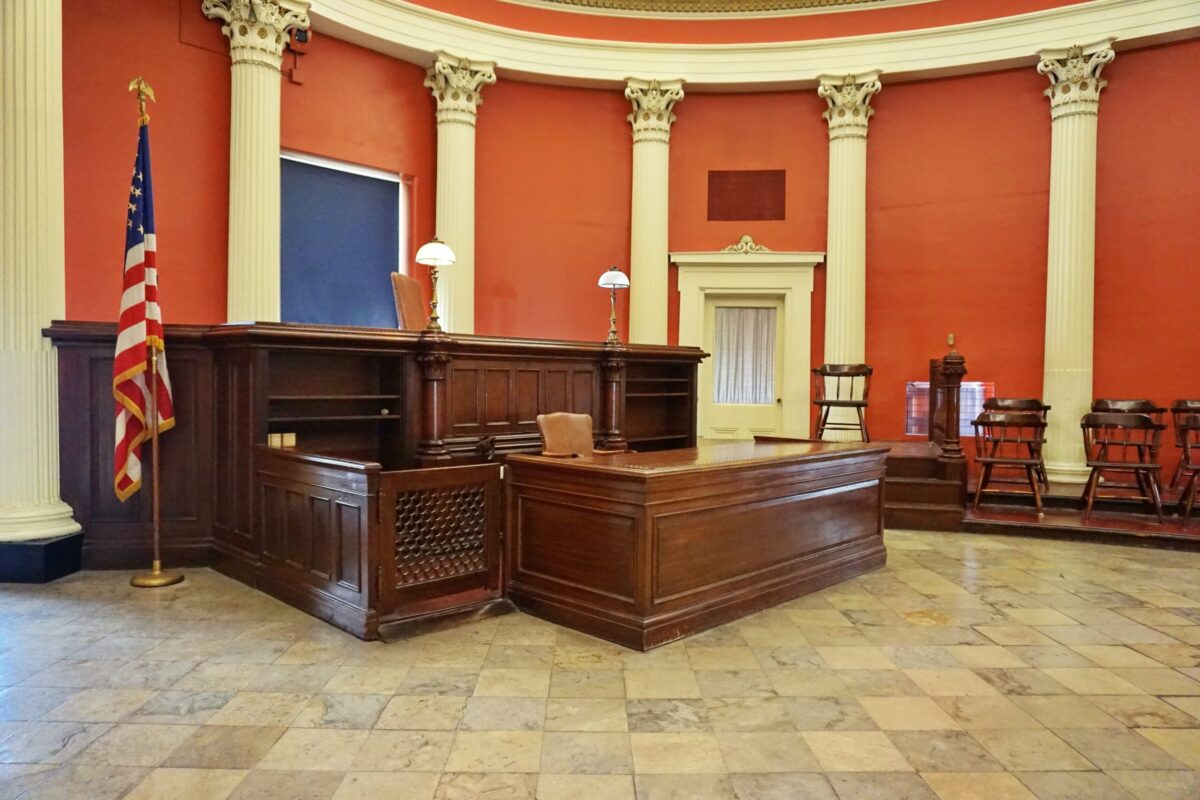Sam Bankman-Fried has decided to take the stand in his own defence, revealed his attorneys during a Wednesday teleconference.
The founder of the defunct crypto exchange FTX will now be seen directly appealing to the 12 jurors and six alternates. The group holds the power to decide if the former FTX CEO is guilty on the charges presented. He will potentially try to assert that he did not engage in fraud or conspire to commit fraud related to his cryptocurrency exchange.
The testimonies from the defence side might start from Thursday, 25 October. The defence team plans to include only a limited number of witnesses, alongside Bankman-Fried. This includes financial services expert Joseph Pimbley and potentially a lawyer from the Bahamas.
These individuals are expected to support Bankman-Fried’s case. A recent court filing had revealed the defence’s decision to choose Joseph Pimbley as their sole proposed expert witness in the case. He will take the stand to counter the testimonies from former Alameda Research CEO Caroline Ellison, developer Adam Yedidia, former FTX Chief Technology Officer Gary Wang and Head of Engineering Nishad Singh.
As per the filings, the expert witness will specifically try to contradict Caroline Ellison’s claims about Alameda’s “unlimited” credit, borrowing, and repayment activities, address Gary Wang’s statements about Alameda’s borrowing around late 2021, respond to Professor Peter Easton’s comments on Alameda’s borrowing limit and provide context to testimonies by Gary Wang, Nishad Singh, and Adam Yedidia about customer use of spot margin and futures trading features.
The prosecution, on the other hand, is expected to end its witness presentations on Thursday. This will be wrapped up within an hour of the court session after FBI agent Mark Troiano’s testimony.
This comes after three weeks of the prosecution presenting their case, arguing that Bankman-Fried defrauded FTX customers and investors of Alameda Research. This included the involvement of several executives, such as Ellison, Singh, and Wang, who have pleaded guilty to their crimes, testifying against Bankman-Fried.
The defence has attempted to undermine these testimonies by highlighting inconsistencies in the executives’ accounts through their multiple cross-examinations. A separate Wednesday filing also revealed how the defence attorneys were seeking permission to introduce evidence that Singh and Wang had been inconsistent describing their conversations with investigators prior to getting on the stand.
Recently, SBF’s team, led by attorneys Mark Cohen and Christian Everdell, had also expressed concern over the former CEO’s current health conditions, specifically his ADHD. They believed it to have a potential impact on his ability to participate meaningfully in the trial.
Requesting better access to necessary medication, Cohen and Everdell wrote: “As we approach the defence case and the critical decision of whether Mr. Bankman-Fried will testify, the defence has a growing concern that because of Mr. Bankman-Fried’s lack of access to Adderall he has not been able to concentrate at the level he ordinarily would and that he will not be able to meaningfully participate in the presentation of the defence case.”
Bankman-Fried’s decision to take the stand aligns with his previous efforts when he took to the media to explain his exchange’s collapse in the weeks after the company filed for bankruptcy. Until the start of his trial, he was actively engaged in communicating his perspectives through various channels, including interviews, newsletters, and tweets, attempting to clarify his position.
The burden of proof is on the US Department of Justice, which is required to prove beyond a reasonable doubt that Bankman-Fried committed the crimes as charged. The defence, meanwhile, will seek to establish his innocence to the same standard.


